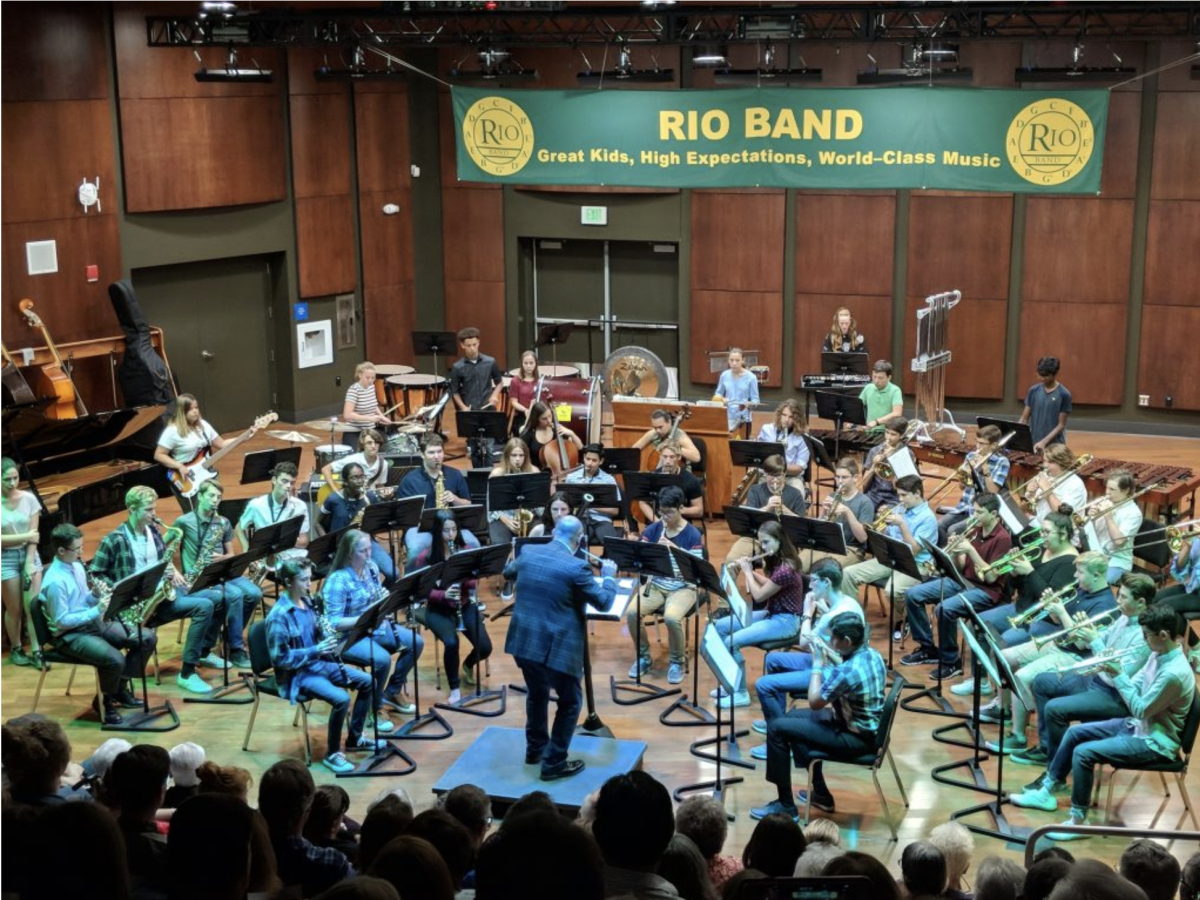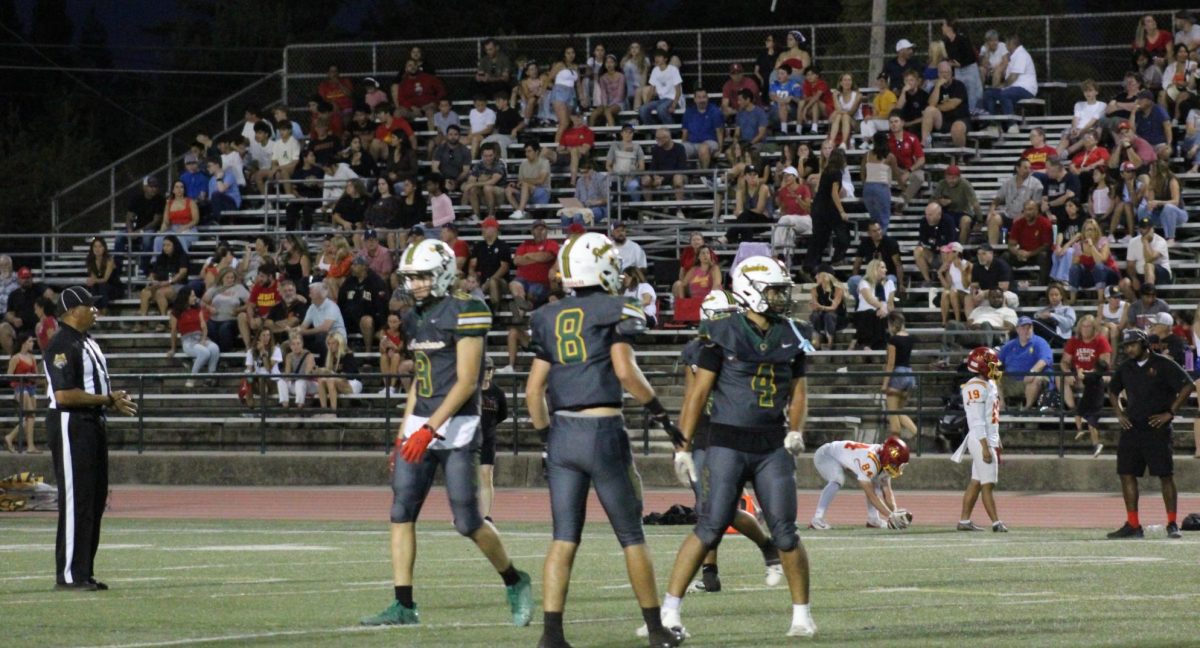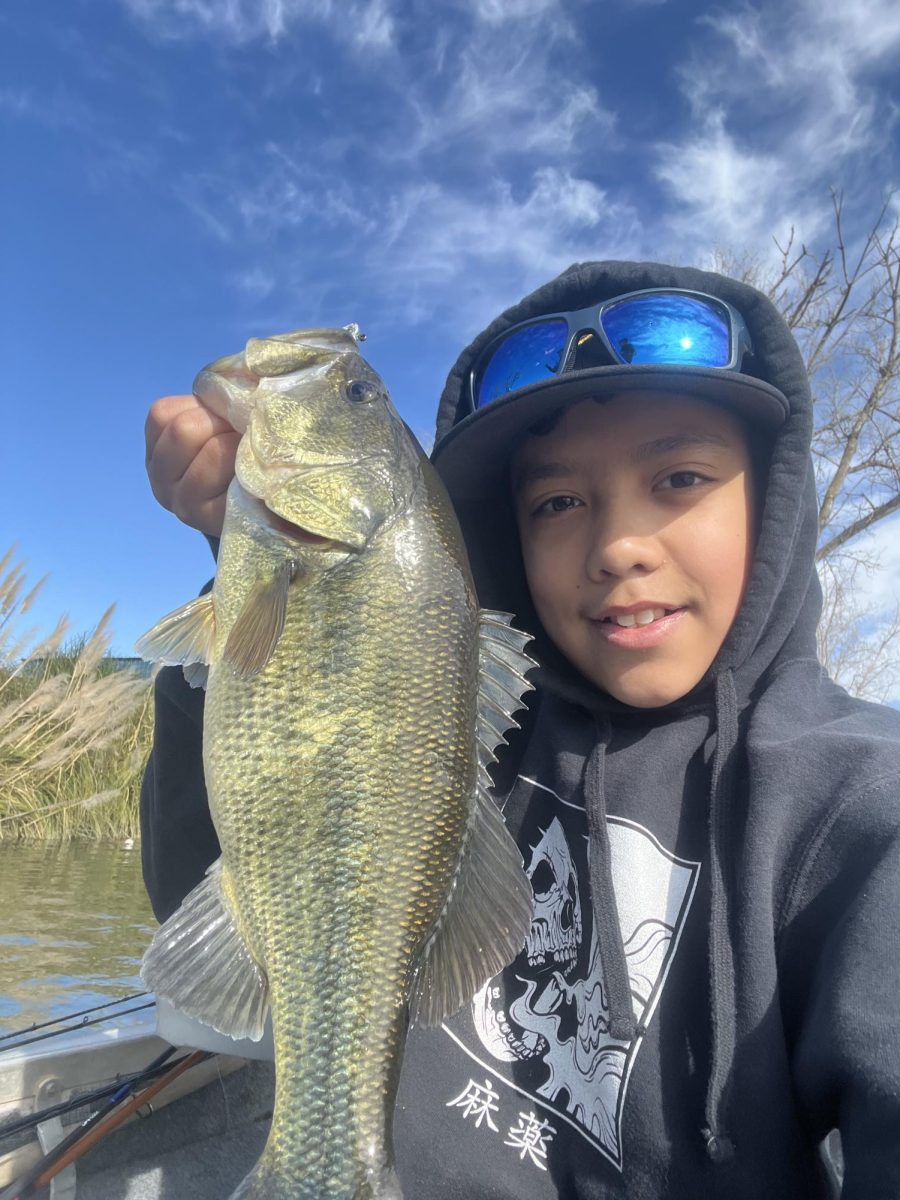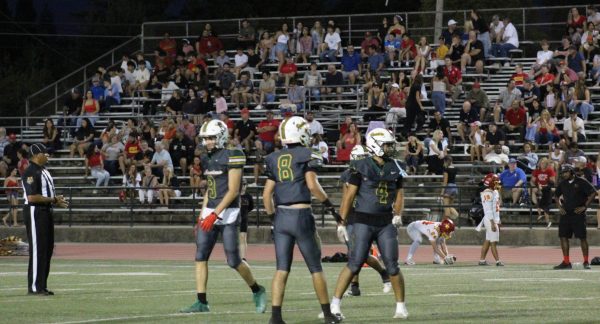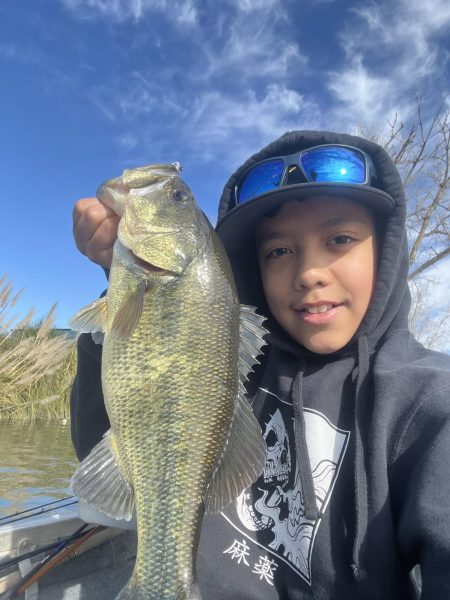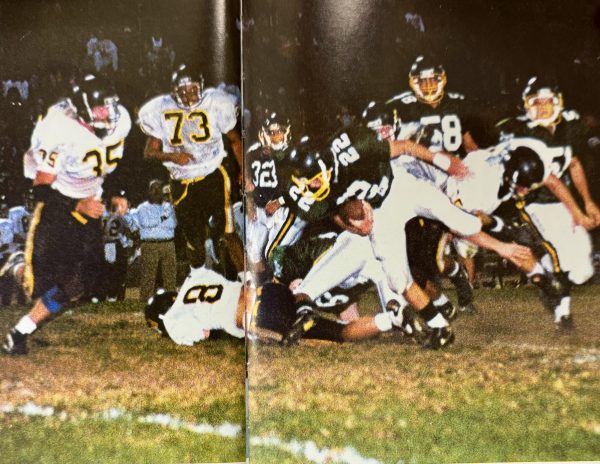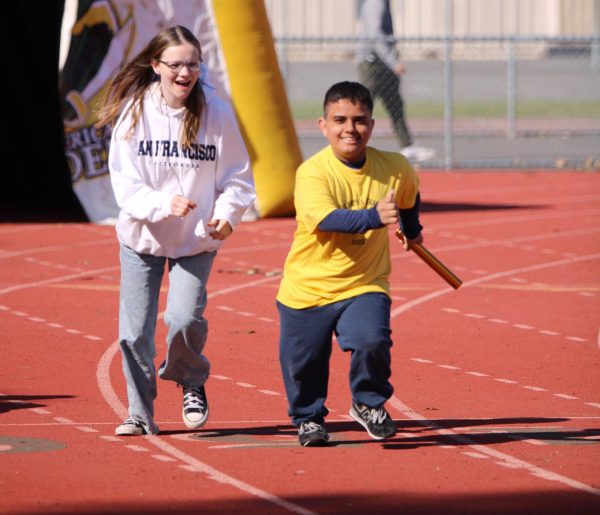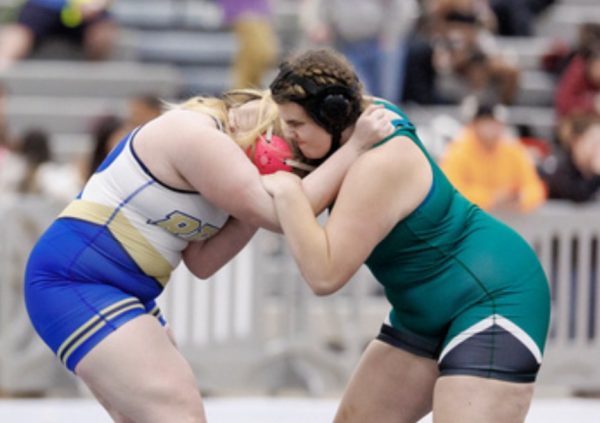College athletes should be paid
College athletes are unpaid employees. The NCAA brings in over $1 billion a year and not one cent ever sees a student athlete. College athletes should be compensated for their hard work and devotion to their schools. They devote countless hours and receive little to no reward for the hundreds of millions of dollars in revenue they produce.
In 2019, the NCAA earned $867 million from television broadcasting and marketing rights. The NCAA and other college athletic programs have their athletes spending an average of 20 hours a week in practice. Most student athletes report much higher numbers, even 40 hours due to the onerous competition within teams. College athletes across all sports are expected to commit these endless hours of practice and games on top of their schoolwork and education. This leaves student athletes no time to work a job to pay the bills. The National College Players Association reports that 86 percent of college athletes live below the poverty line: “So when many of these student-athletes are being pulled from low-income homes, a college education cannot keep the water running in their homes. A college education cannot buy them food.”
Many college athletes can’t afford to pay for college. Only a staggering 1 percent of college athletes attend college on a full-ride scholarship, and those playing with an academic scholarship make up another 1 percent. This means the other 98 percent of student athletes pay their tuition, rent, and other expenses by themselves.
Some claim that NCAA athletes are exposed and endorsed by pro leagues and teams for free. While some student-athletes are able to secure NFL or NBA contracts, this argument is flawed. College athletes being drafted to major sports leagues and securing a contract is rare.
According to data from the NFL and the NCAA, less than 2 percent of male college football players become drafted to the NFL, and only 1 percent of male college basketball players are drafted by NBA teams. This does not include students and players who have played for colleges on scholarship.
What would be the benefit of devoting hours and hours of practice and game time, struggling financially and academically, only to have a mere 2 percent chance of obtaining a professional career in the professional leagues? Why would anybody devote so much time and effort with such little chances of a valuable reward? And all without receiving a penny.
Finally, why can some coaches receive up to $9.5 million in pay, yet the players are only entitled to free meal programs? The answer is as simple as can be. The NCAA has monopolized college sports. Secondary leagues like the XFL don’t exist for college athletes. The road to a career in the big leagues is only possible through college athletics, this exclusivity gives them more power and control then they should have.
The rights of Student-Athletes are repeatedly ignored. I find it difficult to support college football programs when players had to actively protest for meal programs. When players like Shabazz Napier, a starting point guard for UConn, go to sleep hungry because they can’t afford a meal. The NCAA has campaigned against players’ compensation every time the topic has seen the media.
Recently, during the coronavirus pandemic and the reopening of college campuses, universities have begun paying students to promote health and safety information. How can schools pay students to spread awareness of a pandemic, but not pay their own athletes? The NCAA sells hundreds if not thousands of jerseys a year, and only one state allows college athletes to make money off of their names. The young and devoted students that generate so much profit for their schools and the corporate owners deserve compensation.
Student athletes deserve to be paid.

